How to Behave: Buddhism & Modernity in Colonial Cambodia
by Anne Ruth Hansen2008. 264 pp, 14x21 cm,
This ambitious cross-disciplinary study of Buddhist modernism in colonial Cambodia breaks new ground in understanding the history and development of religion and colonialism in Southeast Asia. In one of the first studies of colonial Buddhism based largely on Khmer-language sources, Anne Hansen argues for the importance of Theravada Buddhist ethics for imagining and articulating what it means to be modern in early twentieth-century Cambodia. The 1920s in Cambodia saw an exuberant burst of new printed writings by self-described Khmer Buddhist modernists on the subject of how to behave (as good Buddhists and moral persons) and how to purify oneself in everyday life in the modern world. Hansen explores their new interpretations of traditional doctrines and values, and how they represent Southeast Asian ethical and religious responses to the modern circulation of local and translocal events, people, ideas, and anxieties.
Hansen begins her study in the mid-nineteenth century with a Buddhist purification movement that had been set in motion by the Khmer king Ang Duang. She follows Khmer monks to Siam as they sought out Buddhist scriptures and examines how they carried ideas back to Cambodia and shaped their own reformist movement in a colonial society influenced by French discourses of modernization. Hansen introduces readers to modernist worldviews through translations of sermons, ritual manuals, ethics compendia, and vernacular folktales, drawing on literary and ethical forms of analysis as well as historical.
About the Author
is associate professor in the Department of History at the University of Wisconsin, Milwaukee, and a faculty member in the Comparative Study of Religion Program.
What others are saying
“In this fascinating study, Anne Hansen examines the case of Cambodia, combining extensive research with insightful analysis to both contextualize and complicate the category of modern Buddhism.”
—Donald S. Lopez Jr., University of Michigan
“A remarkable characteristic of this book is the deftness with which the author moves between the intellectual currents of Buddhist studies and Southeast Asian history, drawing analyses of textual practice, regionalism, nation-building, and colonial experience into fruitful conversation.”
—Anne M. Blackburn, Cornell University
Book Reviews
- Review of Hansen, by Craig Reynolds (New Mandala, 14 January 2010)
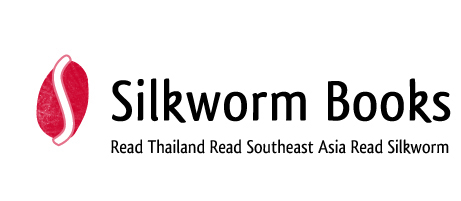
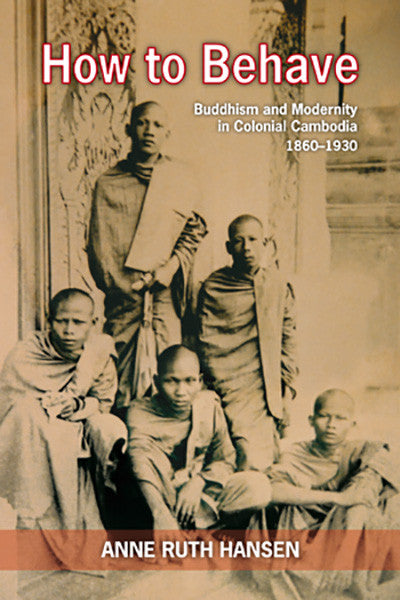
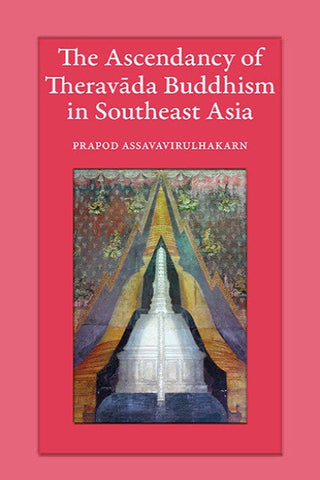
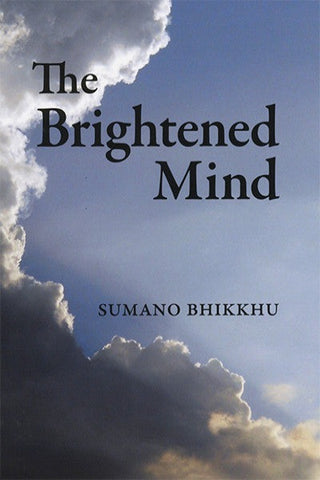
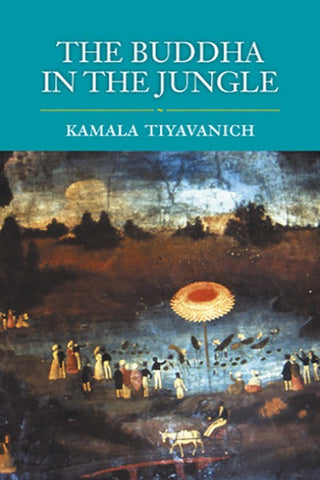
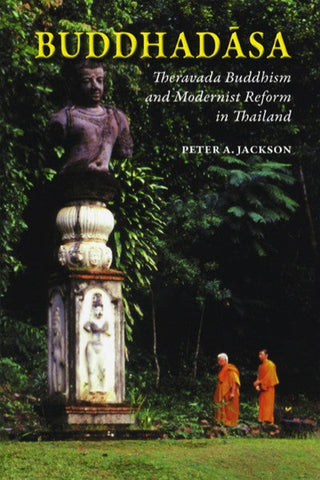
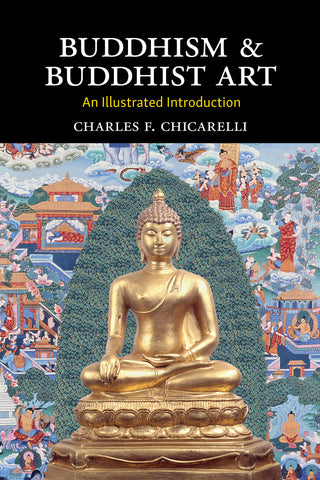
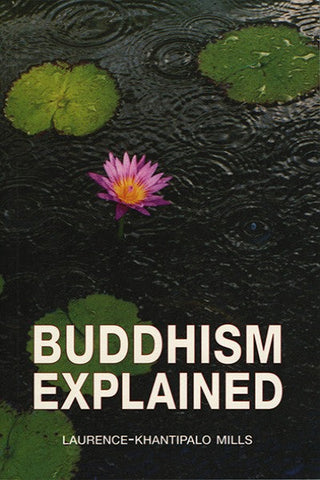
Share this item: